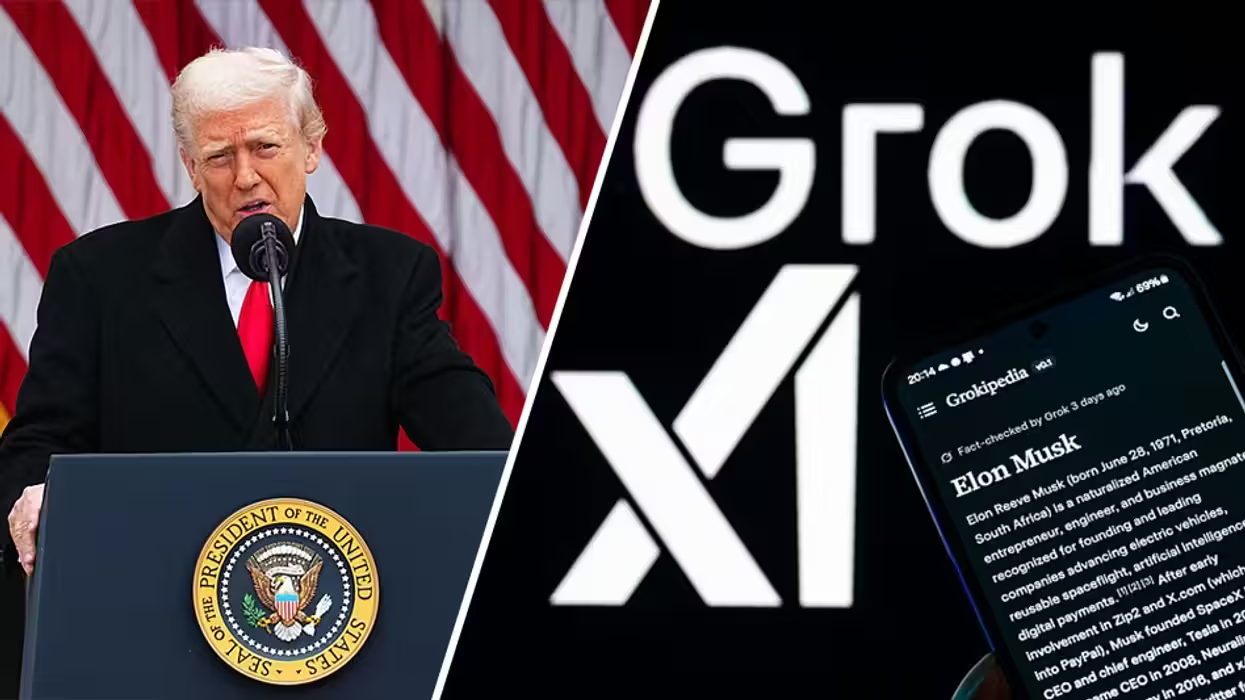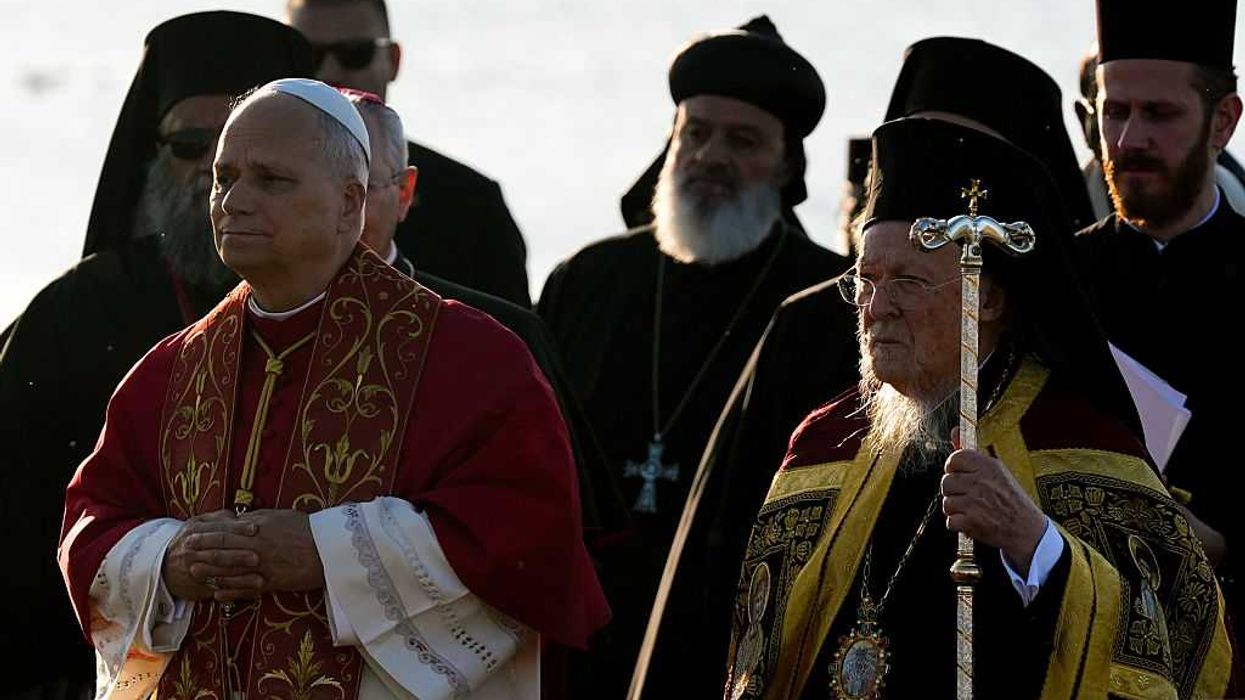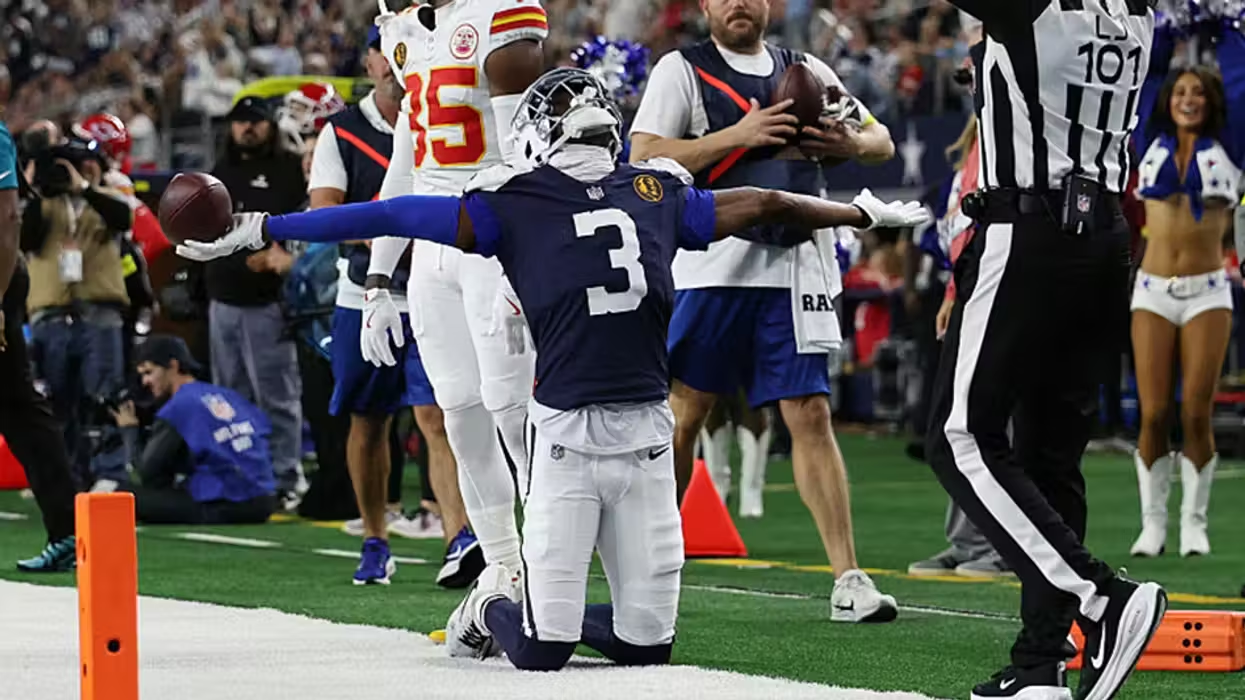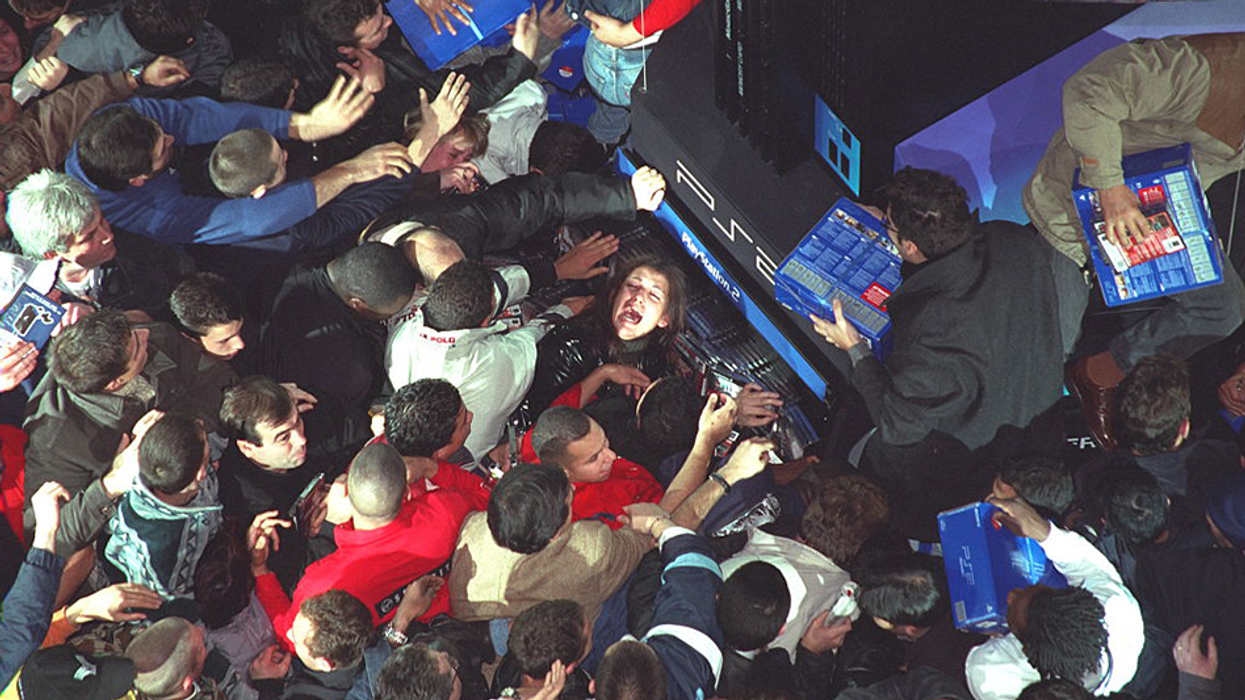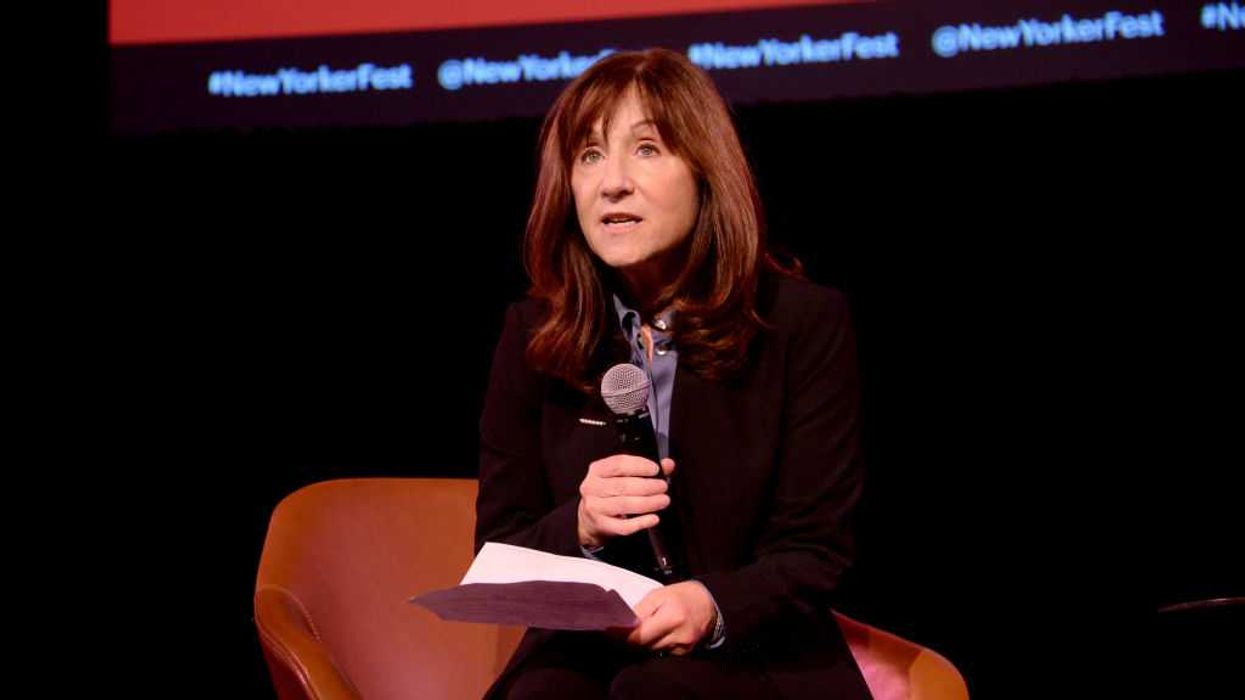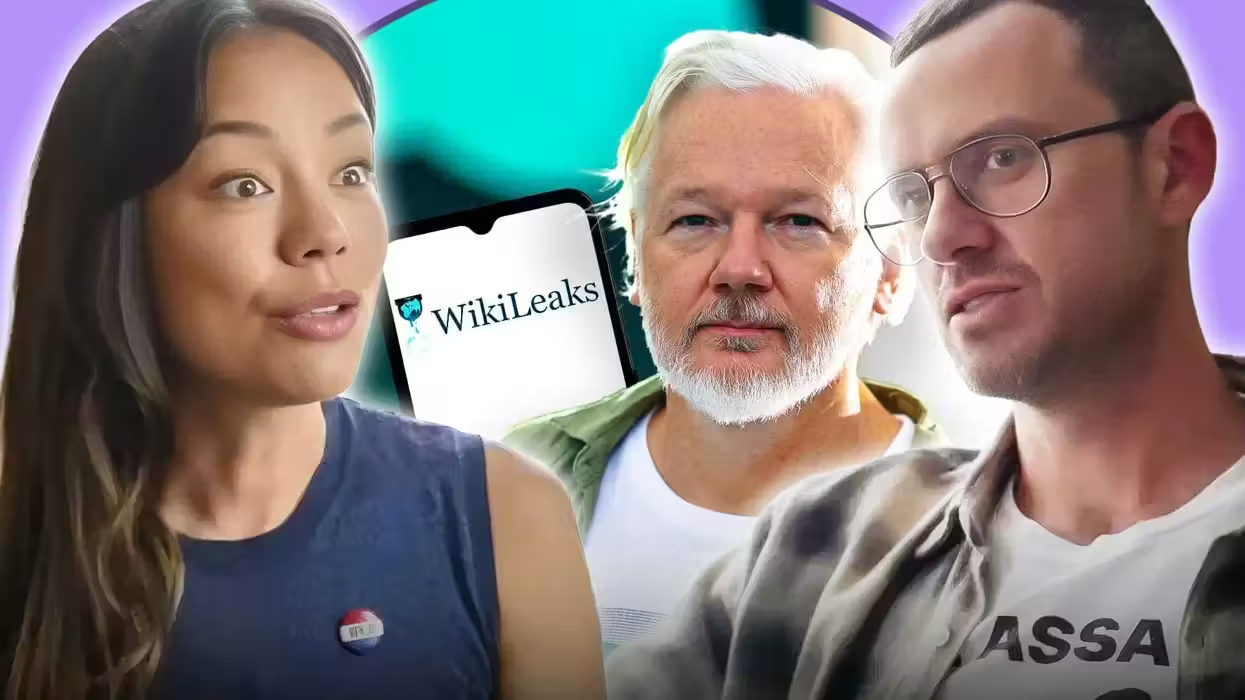A rapper behind a music video titled "F*** the Police" — who was previously convicted of making terroristic threats and witness intimidation in the clip — appealed to Pennsylvania's highest court to overturn the ruling.
Jamal Knox's argument? The lyrics — filled with specific and violent threats against two Pittsburgh officers — are protected by freedom of speech outlined in the U.S. Constitution, PennLive reported.
 Image source: YouTube screenshot
Image source: YouTube screenshot
But Chief Justice Thomas G. Saylor disagreed Tuesday, ruling the words fall outside the bounds of the First Amendment and artistic expression, the outlet said.
What's the background?
The song by Knox (aka "Mayhem Mal") and Rashee Beasley calls out by name two officers who arrested them on drug and weapons charges in April 2012, PennLive said. Knox, in a chase, hit a parked car and a fence, The Associated Press reported, adding that police recovered 15 bags of heroin and $1,500 on Knox and a stolen, loaded gun in the vehicle.
Knox and Beasley were awaiting trial on those charges when the rap video was posted on social media, PennLive said. A police officer discovered the video, the AP said.
"The song's lyrics express hatred toward the Pittsburgh police," Saylor wrote in his decision, PennLive said. "As well, they contain descriptions of killing police informants and police officers."
The song includes the lines: “I got my Glock and best believe dog gonna bring the pump out and I’m hittin’ your chest,” as well as, “Let’s kill these cops ‘cause they don’t do us no good," the AP said.
Saylor called the lyrics "both threatening and highly personalized to the victims,” adding that Knox spoke of when the officers’ shifts ended and his plans to attack them “where you sleep," the AP noted.
 Image source: YouTube screenshot
Image source: YouTube screenshot
"They do not merely address grievances about police-community relations or generalized animosity toward the police...Rather, they primarily portray violence toward the police, ostensibly due to the officers' interference with [Knox's and Beasley's criminal] activities," the judge added, according to PennLive.
One of the officers named in the song cited the lyrics as a reason he left the Pittsburgh force and moved from the area while special security detail was assigned to the other officer when police learned of the video, Saylor noted, according to PennLive.
 Image source: YouTube screenshot
Image source: YouTube screenshot
The song also refers to Richard Poplawski, who's on death row for the 2009 murder of three Pittsburgh police officers, the AP said.
The video was taken down from YouTube after three days, the AP said, adding that Knox denied posting it and said he didn't intend it to go public.
What else did Knox argue?
Knox, 24, and his supporters argued the song constituted artistic expression and opinion shielded by the First Amendment, PennLive said.
Knox appealed to the state Supreme Court after the state Superior Court upheld his convictions by an Allegheny County judge on the threat and intimidation charges, the outlet said. Knox was backed in his appeal by the American Civil Liberties Union and the Defender Association of Philadelphia, PennLive said.
What else did the judge say?
Saylor rejected Knox's claims, finding that "speech which threatens unlawful violence can subject the speaker to criminal sanction. ... Threats of violence fall outside the First Amendment's protective scope," the outlet said.
Had the court sided with Knox, the judge said "we would in effect be interpreting the Constitution to provide blanket protection for threats, however severe, so long as they are expressed within that musical style," PennLive reported.
Knox and Beasley were both convicted on terroristic threats and intimidation of witnesses charges in 2014, KDKA-TV reported, adding that Knox was sentenced to two to six years while Beasley was sentenced to one to three years. The station said an additional conviction of possession with intent to deliver added one to three years to Knox’s sentence.
Here's a TV news report on the state Supreme Court case:

 Image source: YouTube screenshot
Image source: YouTube screenshot
 Image source: YouTube screenshot
Image source: YouTube screenshot
 Image source: YouTube screenshot
Image source: YouTube screenshot

